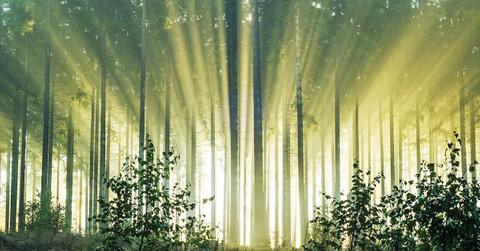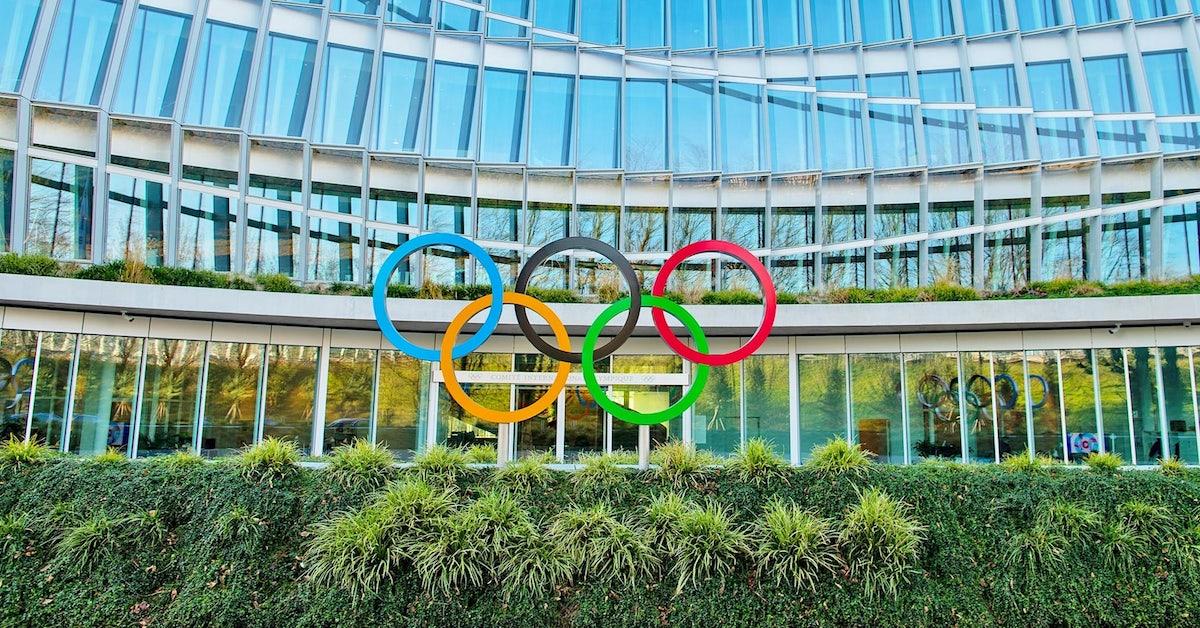The International Olympic Committee Is Planting an "Olympic Forest" in Mali and Senegal
Published June 23 2021, 1:03 p.m. ET
As much as we love the biannual Olympic Games, they can unfortunately be pretty wasteful. In the past, host countries have had to erect completely new structures, requiring a wide range of new building materials, tons of heavy machinery, and cleared land. That's why we're absolutely thrilled the International Olympic Committee (IOC) has decided to commit to lowering its carbon emissions, and plant an Olympic Forest across Mali and Senegal.
“Addressing climate change is one of the IOC’s top priorities, and we are fully committed to reducing our emissions in line with the Paris Agreement,” IOC's President Thomas Bach said in a press release sent to Green Matters. “The Olympic Forest will support communities in Mali and Senegal by increasing their climate resilience, food security and income opportunities, and will help the IOC become climate positive already by 2024. The Olympic Movement is about building a better world through sport, and the Olympic Forest is an example of that.”
Here's what you should know about the Olympic Forest:
On June 17, the IOC announced a partnership with Tree Aid to plant an "Olympic Forest," which will cover 2,120 hectares of Mali and Senegal in 355,000 native trees. This is part of the organization's climate-positive strategy, per the release, which aims to curb the IOC's emissions by 30 percent by 2024, and by 45 percent by 2030. It also contributes to the Great Green Wall initiative, which restores land in the Sahel region of Africa, where the Dakar Youth Olympic Games will take place in 2026.
In addition to sequestering up to 200,000 tonnes of CO2 and bringing large amounts of greenery to an area that has sustained endless deforestation and droughts, due to worsening climate change, the Olympic Forest is expected to have major societal impacts. It's going to increase local food sources, bringing native fruits and nuts to nearby communities. It's also expected to increase economic security in local communities, with the opportunity for agroforestry.
“With Dakar 2026, our goal is to go beyond sport and use the Games as an opportunity to raise young people's awareness... about today's sustainability challenges and ways in which we can help address them,” said IOC Member Mamadou Diagna Ndiaye, President of the Dakar 2026 Youth Olympic Games Organising Committee. “This approach is in line with the country's priorities and reflected in the Dakar 2026 Edition Plan. The Olympic Forest paves the way in this direction."
Host countries are also looking to make the Olympics more sustainable.
While the IOC is largely responsible for ensuring the biannual games are as eco-friendly as possible, it's also somewhat up to the hosting countries to make sustainable decisions. That's why we were thrilled when we heard that Tokyo planned to build solar roads ahead of the 2020 (now 2021) Summer Olympics. The roads are meant to absorb solar energy, and generate clean energy for local businesses throughout the city.
That said, we're excited to see these spankin' new roads when the games finally happen this summer, and the gorgeous Olympic Forest during the Youth Olympic Games in 2026.

